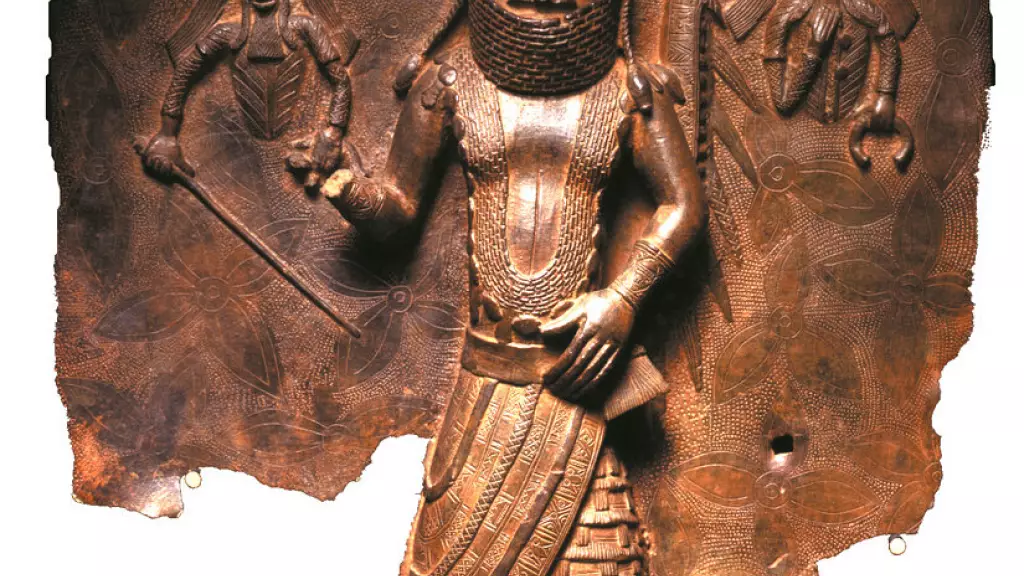The Horniman Museum and Gardens in southeast London said that it would transfer a collection of 72 items to the Nigerian government.
The decision comes after Nigeria’s National Commission for Museums and Monuments formally asked for the artifacts to be returned earlier this year and following a consultation with community members, artists and schoolchildren in Nigeria and the U.K., the museum said.
“The evidence is very clear that these objects were acquired through force, and external consultation supported our view that it is both moral and appropriate to return their ownership to Nigeria,” Eve Salomon, chair of the museum’s board of trustees, said in a statement. “The Horniman is pleased to be able to take this step, and we look forward to working with the NCMM to secure longer-term care for these precious artifacts.”
The Horniman’s collection is a small part of the 3,000 to 5,000 artifacts taken from the Kingdom of Benin in 1897 when British soldiers attacked and occupied Benin City as Britain expanded its political and commercial influence in West Africa.
The British Museum alone holds more than 900 objects from Benin, and National Museums Scotland has another 74. Others were distributed to museums around the world.
The artifacts include plaques, animal and human figures, and items of royal regalia made from brass and bronze by artists working for the royal court of Benin.
Countries including Nigeria, Egypt and Greece, as well indigenous peoples from North America to Australia, are increasingly demanding the return of artifacts and human remains.
Nigeria and Germany recently signed a deal for the return of hundreds of Benin Bronzes. That followed French President Emmanuel Macron’s decision last year to sign over 26 pieces known as the Abomey Treasures, priceless artworks of the 19th century Dahomey kingdom in present-day Benin, a small country that sits just west of Nigeria.


